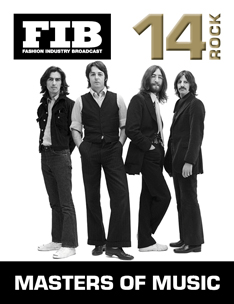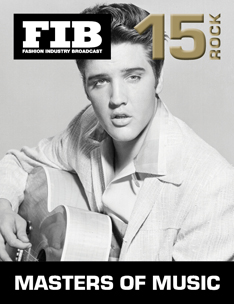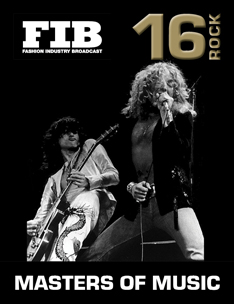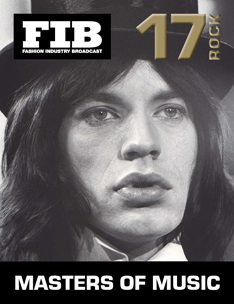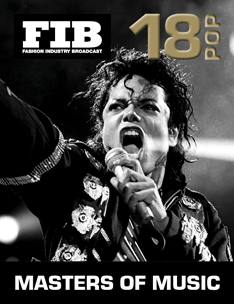Features:
- Beyonce
- Black Eyed Peas
- Gwen Stefani
- Justin Bieber
- One Direction
- Ricky Martin
Curiously, pop music charts as such didn’t exist until 1952, when the first Top Twenty was recorded. It came at an interesting time, coinciding with the invention of teenagers. Previously there’d been no recognized transitional period between childhood and adulthood. Now, teens began to find their music – in skiffle and in folk music.
Rock’n’roll brought much more of that, and Elvis Presley became a global star, the biggest of the late fifties and early sixties. But by 1963 he found himself supplanted by the Beatles, who revolutionised pop by writing their own material, instigating a fashion that remains undiminished. The Beatles set the standard for pop music – Beatlesque is a standard descriptive adjective. They dominated the charts in Britain and America until their break-up in 1970.
The Beatles influenced a generation – more than one, really – with their melodies and harmonies, and that was apparent in the seventies, when pop careened through several styles, from the glam rock of T. Rex to the raw fire of punk. But the biggest pop star to emerge from the period was a singer and pianist, Elton John, whose popularity has remained constant.
Since 2000 pop music has relied mostly on established talent. Several younger artists have come and gone and new styles have briefly emerged, but nothing appears to have gained a major foothold beside modern R&B, which owes little to its soulful predecessor, but a lot to hip-hop – which has become a pop style in itself.




































